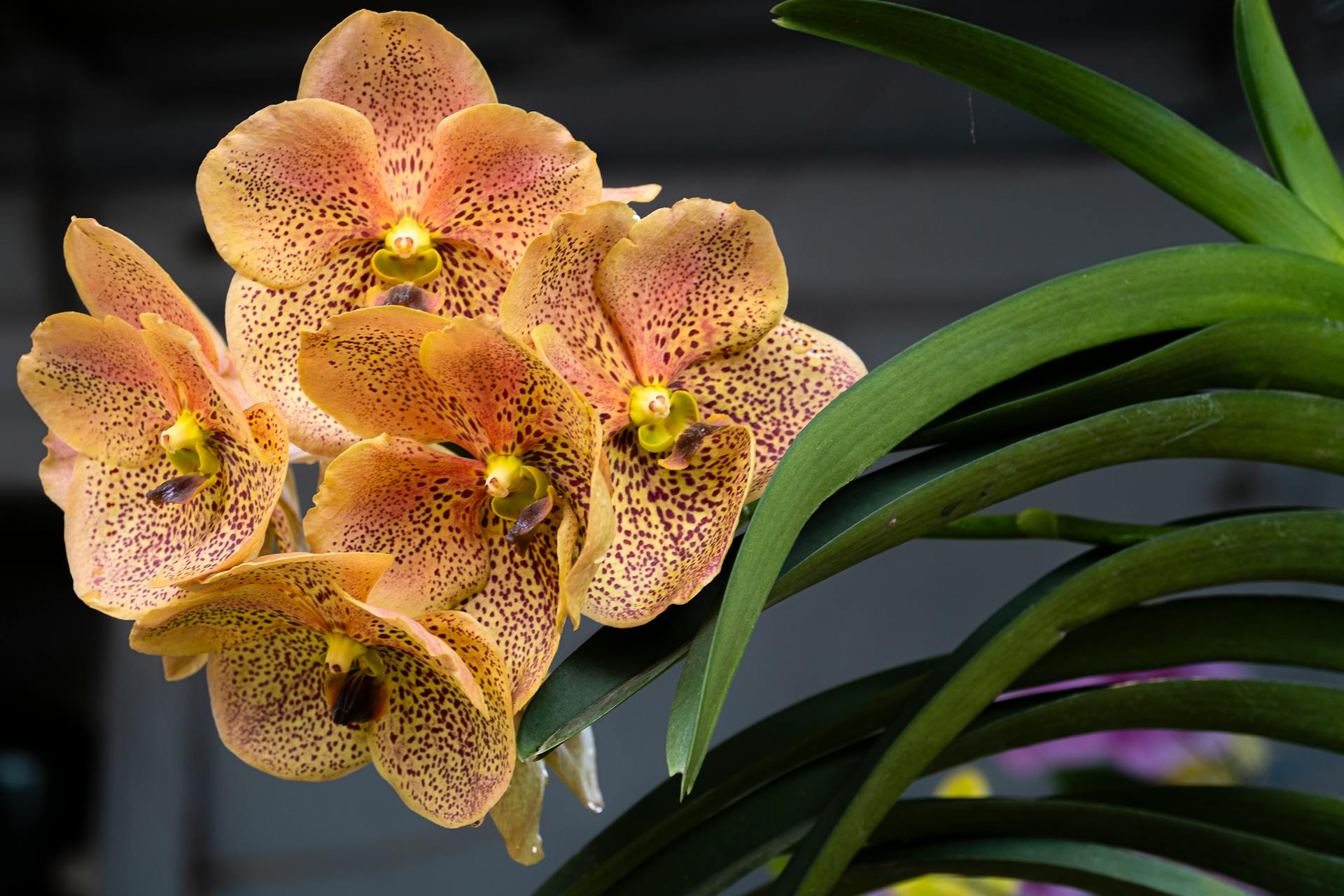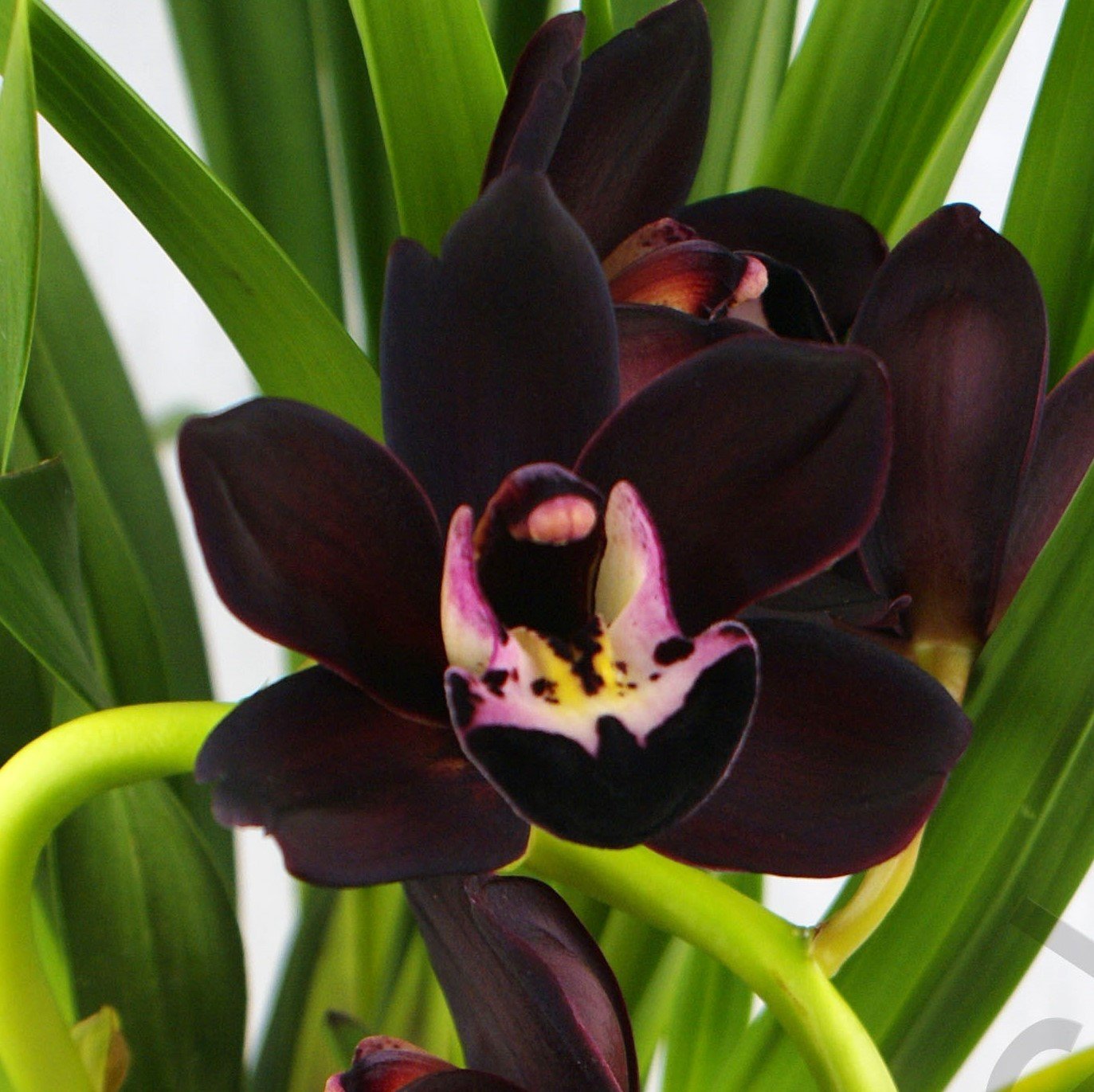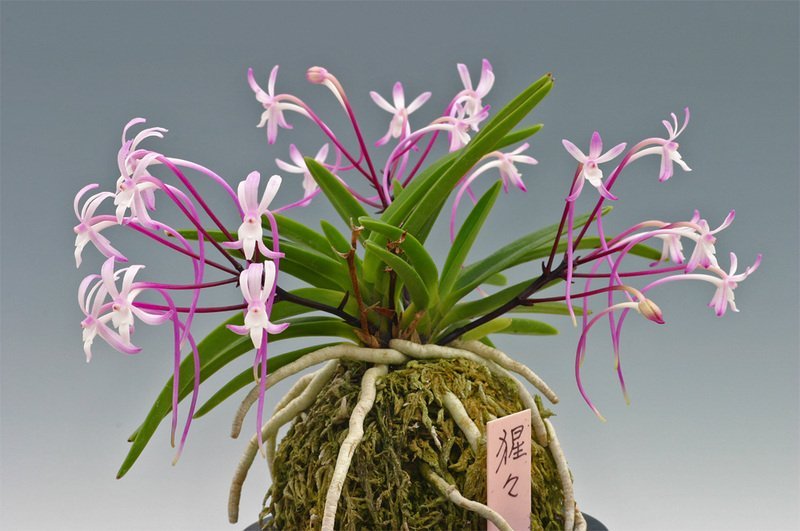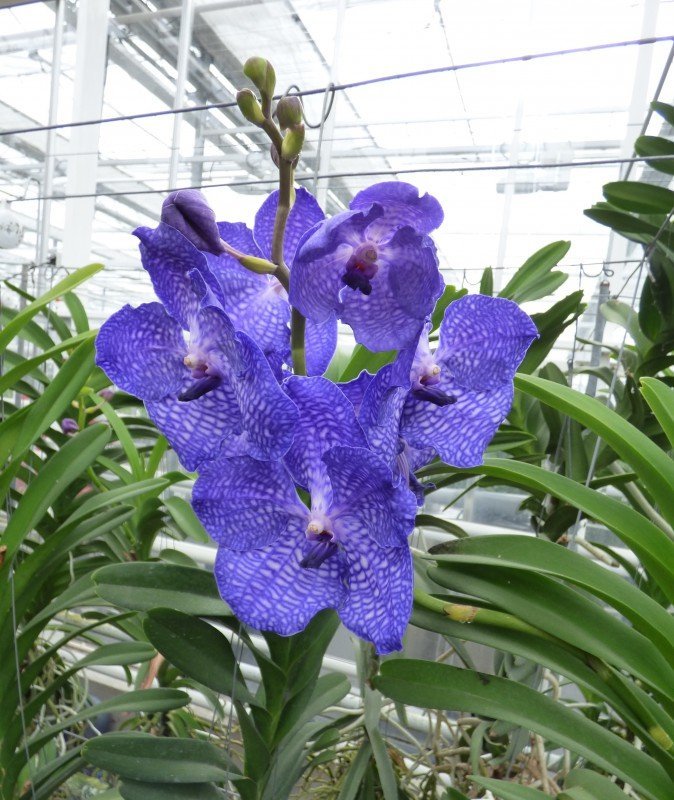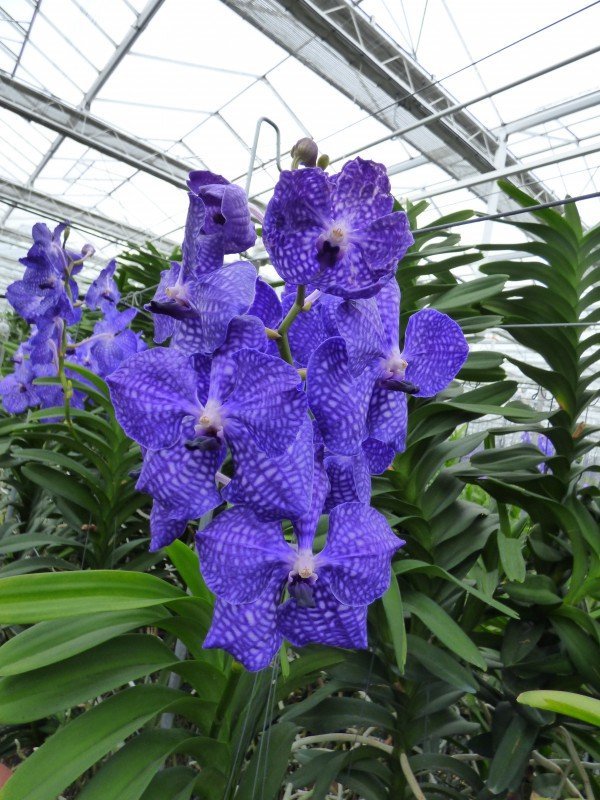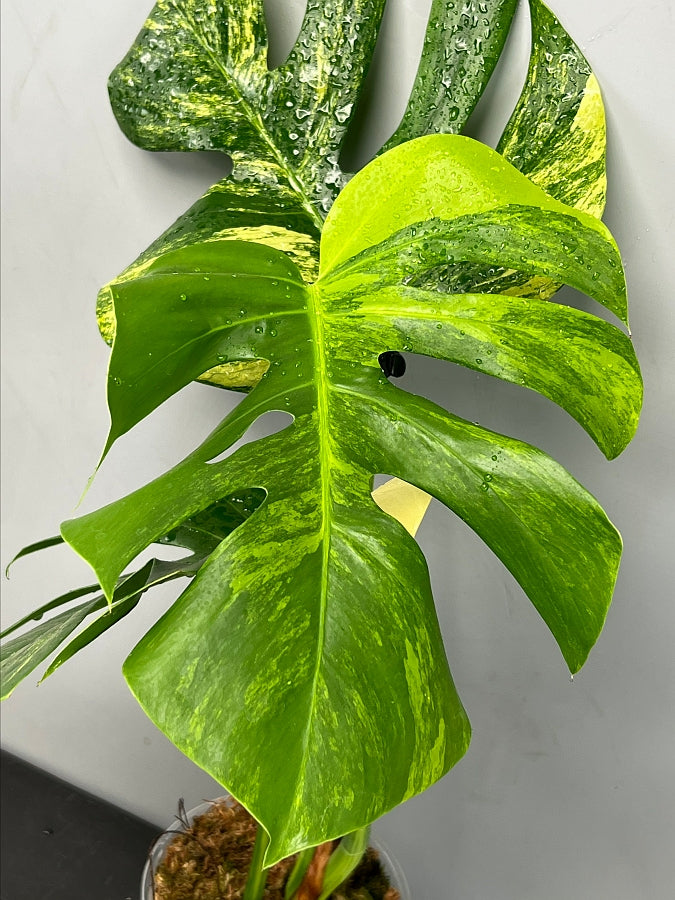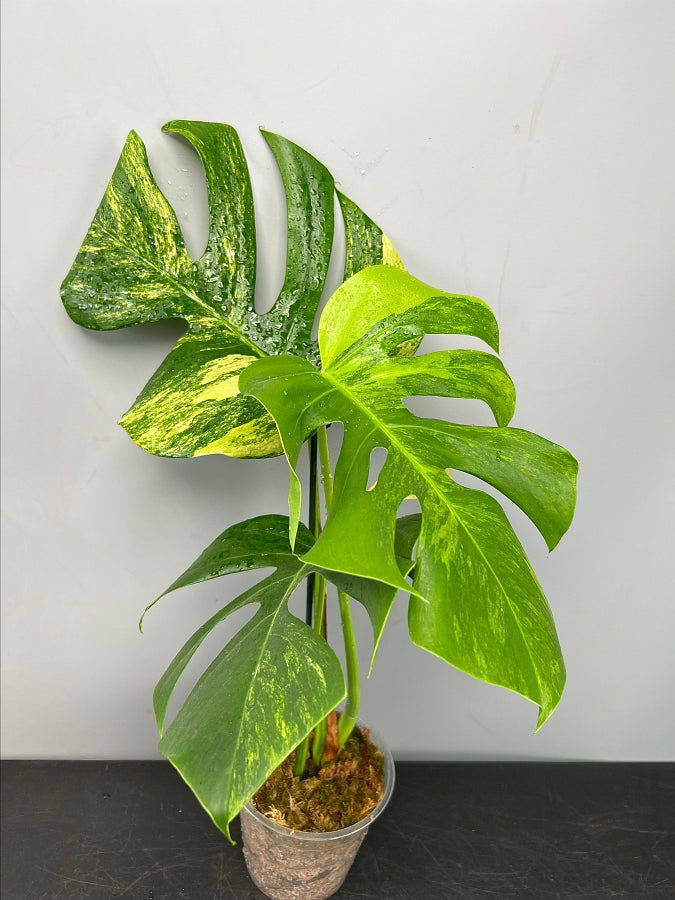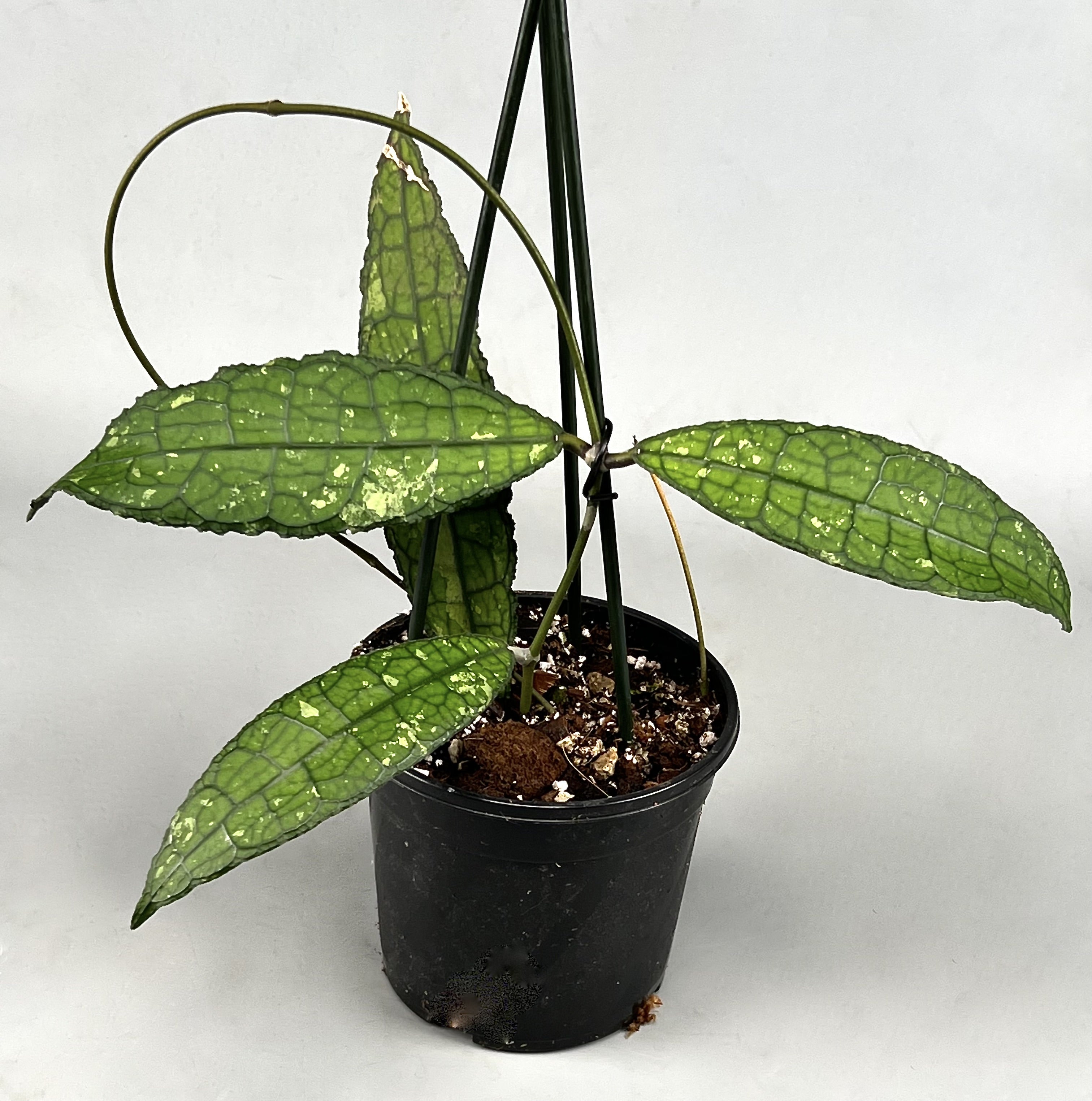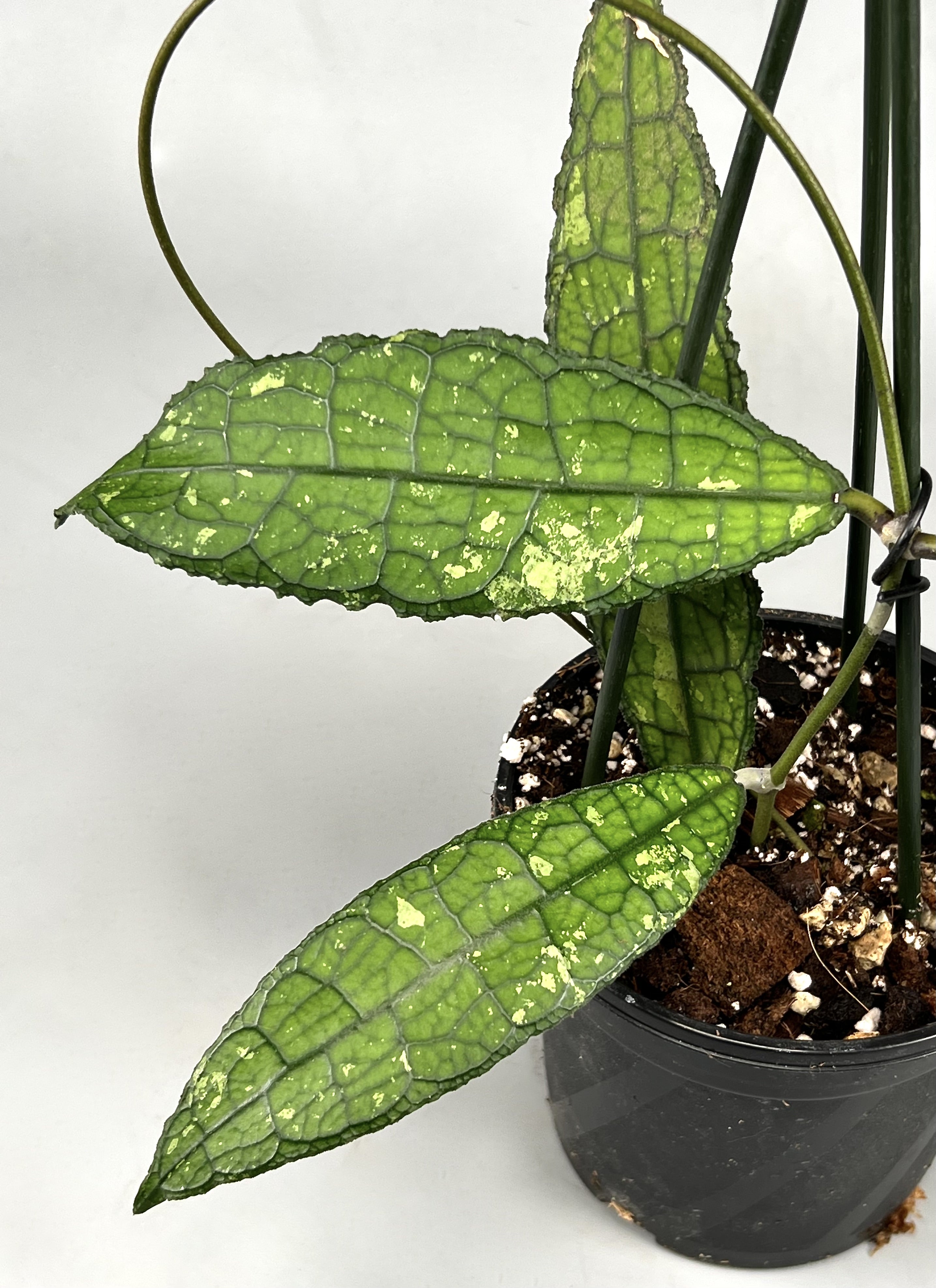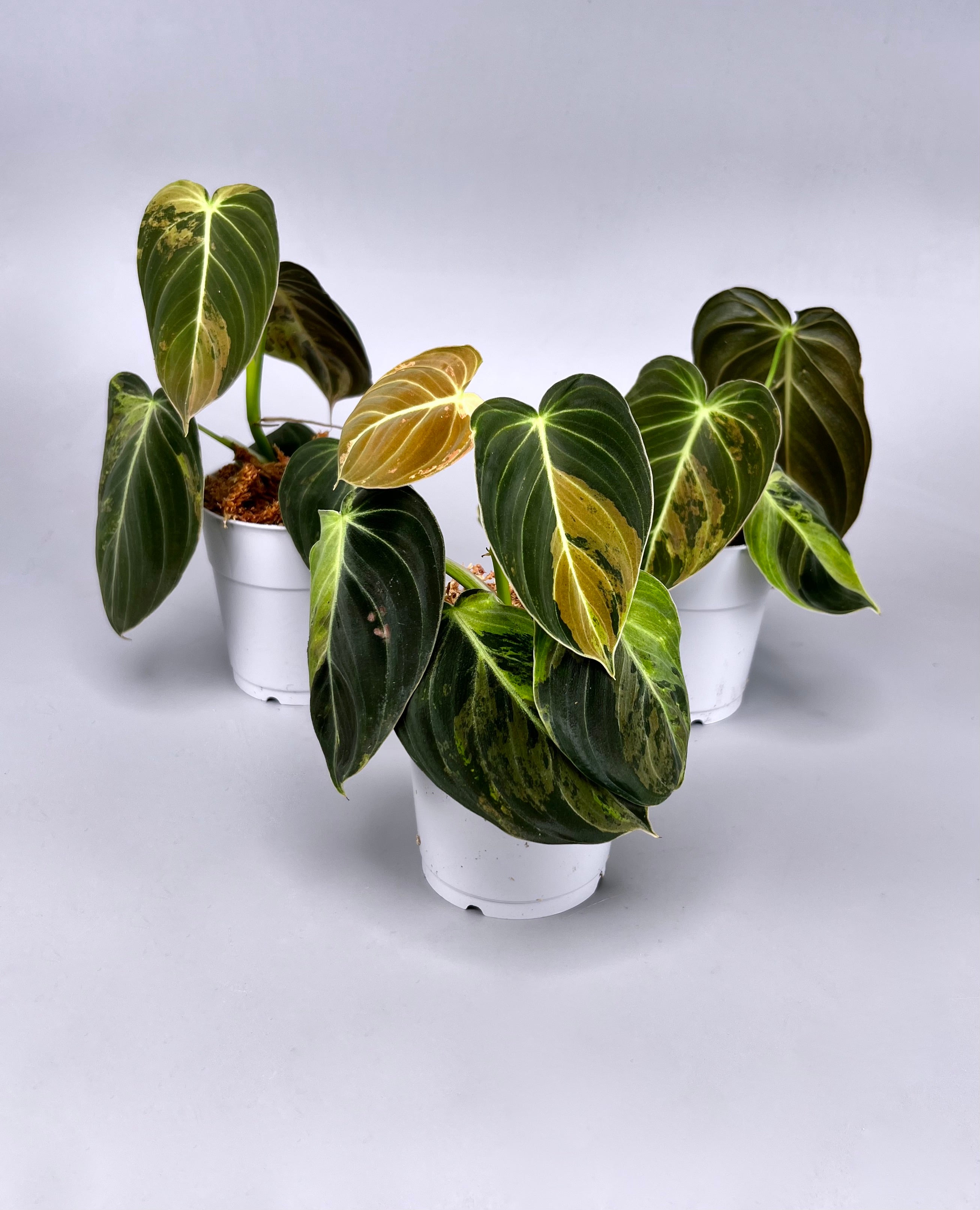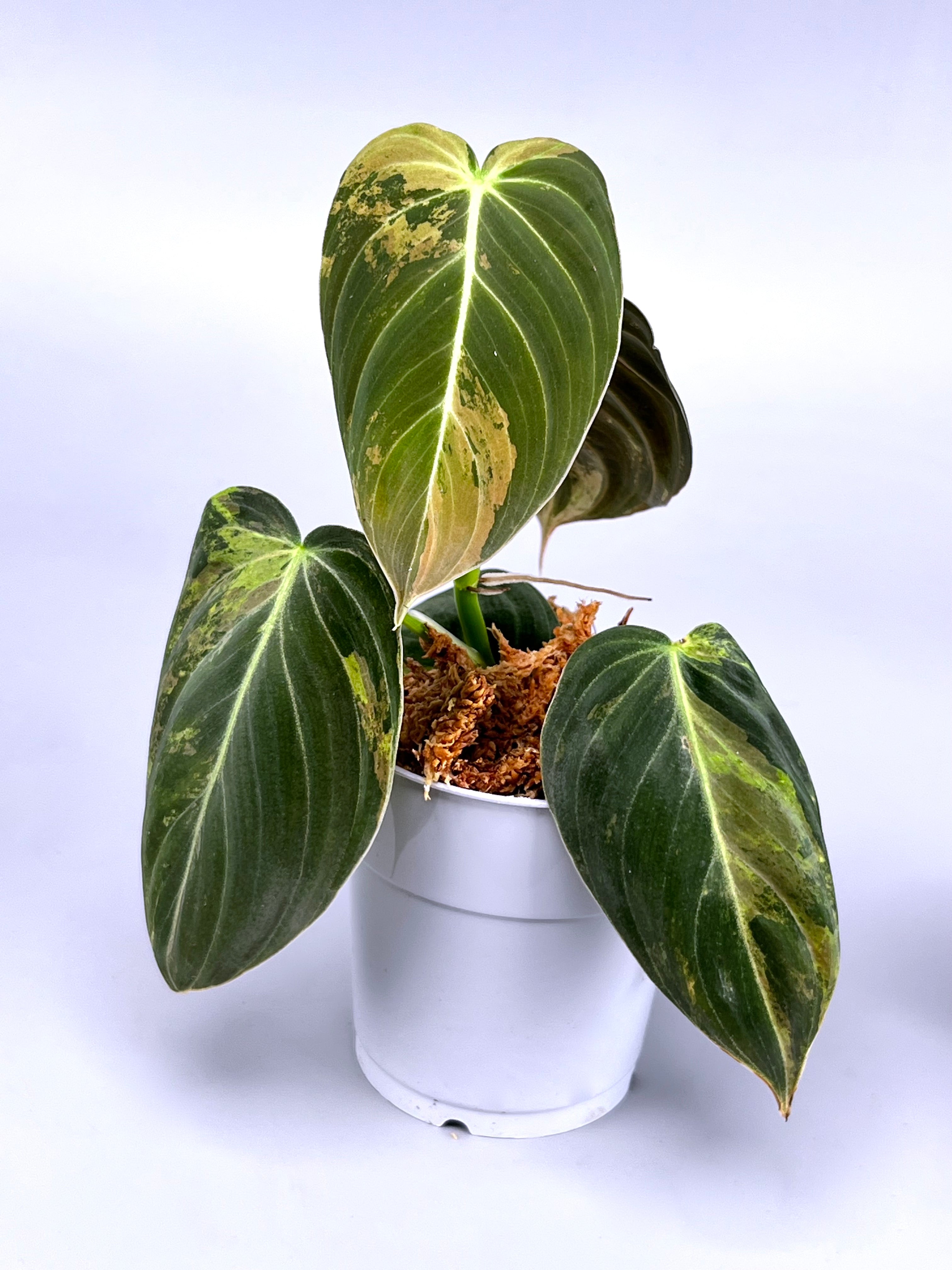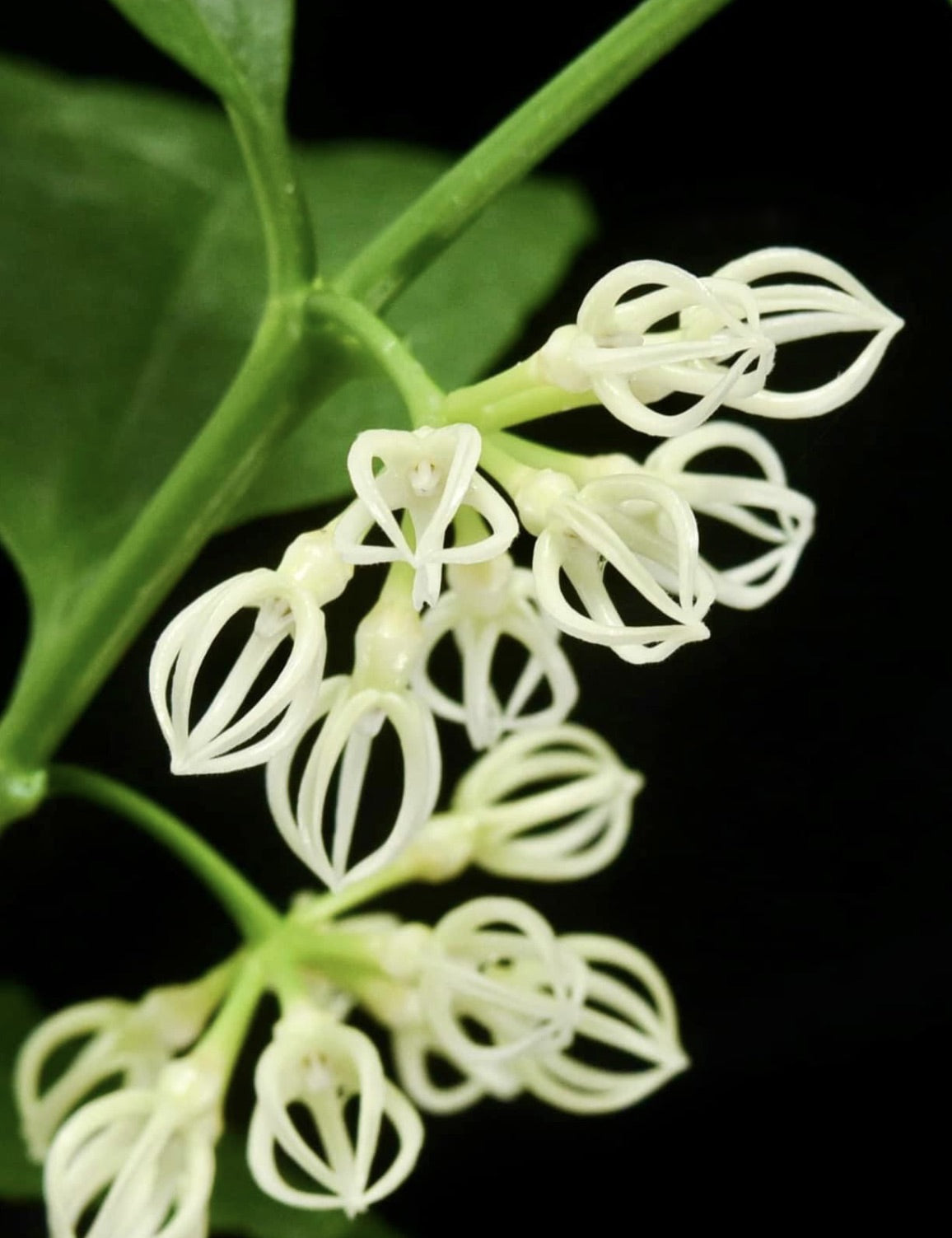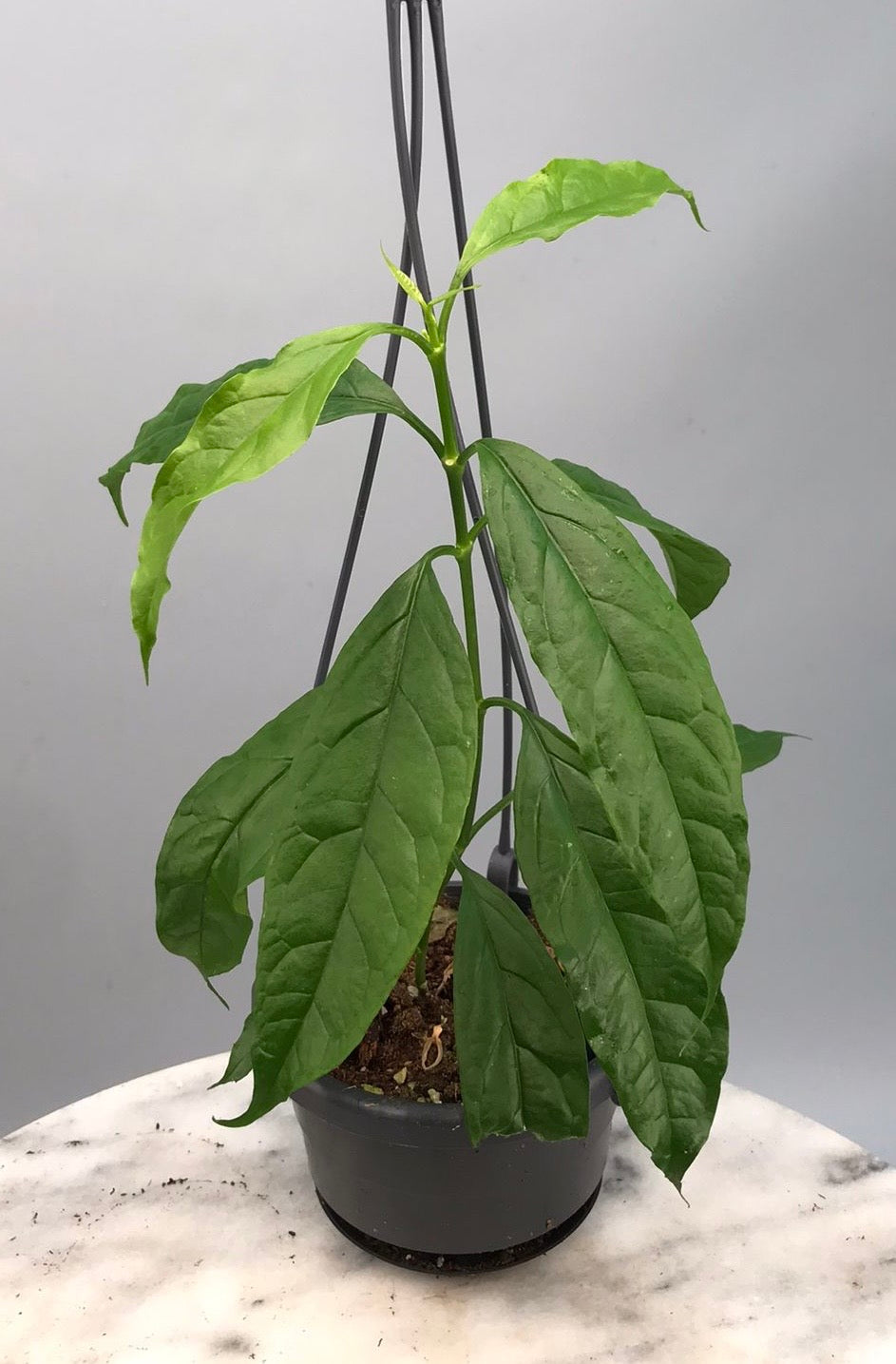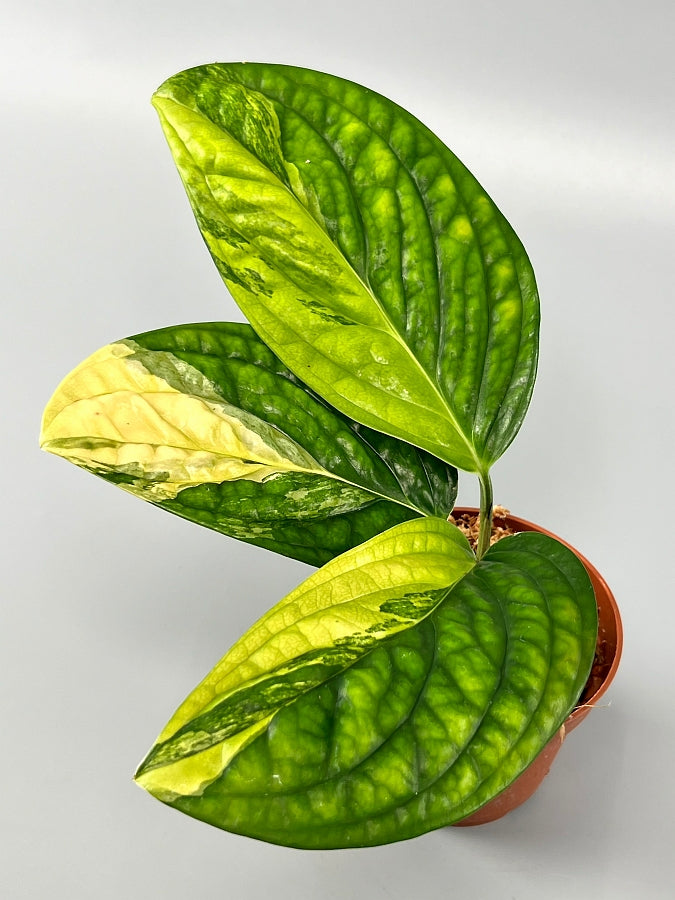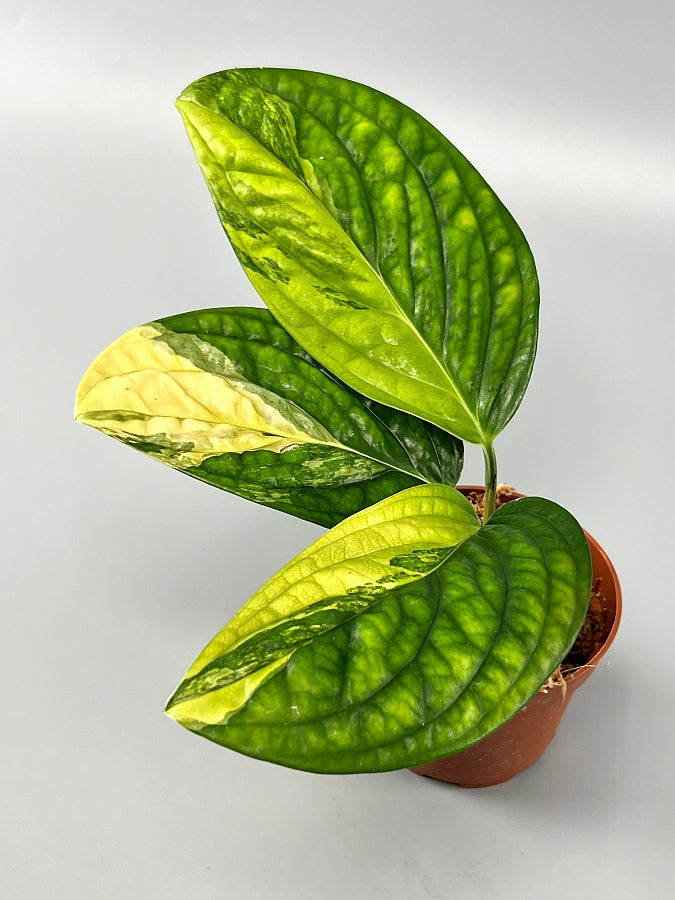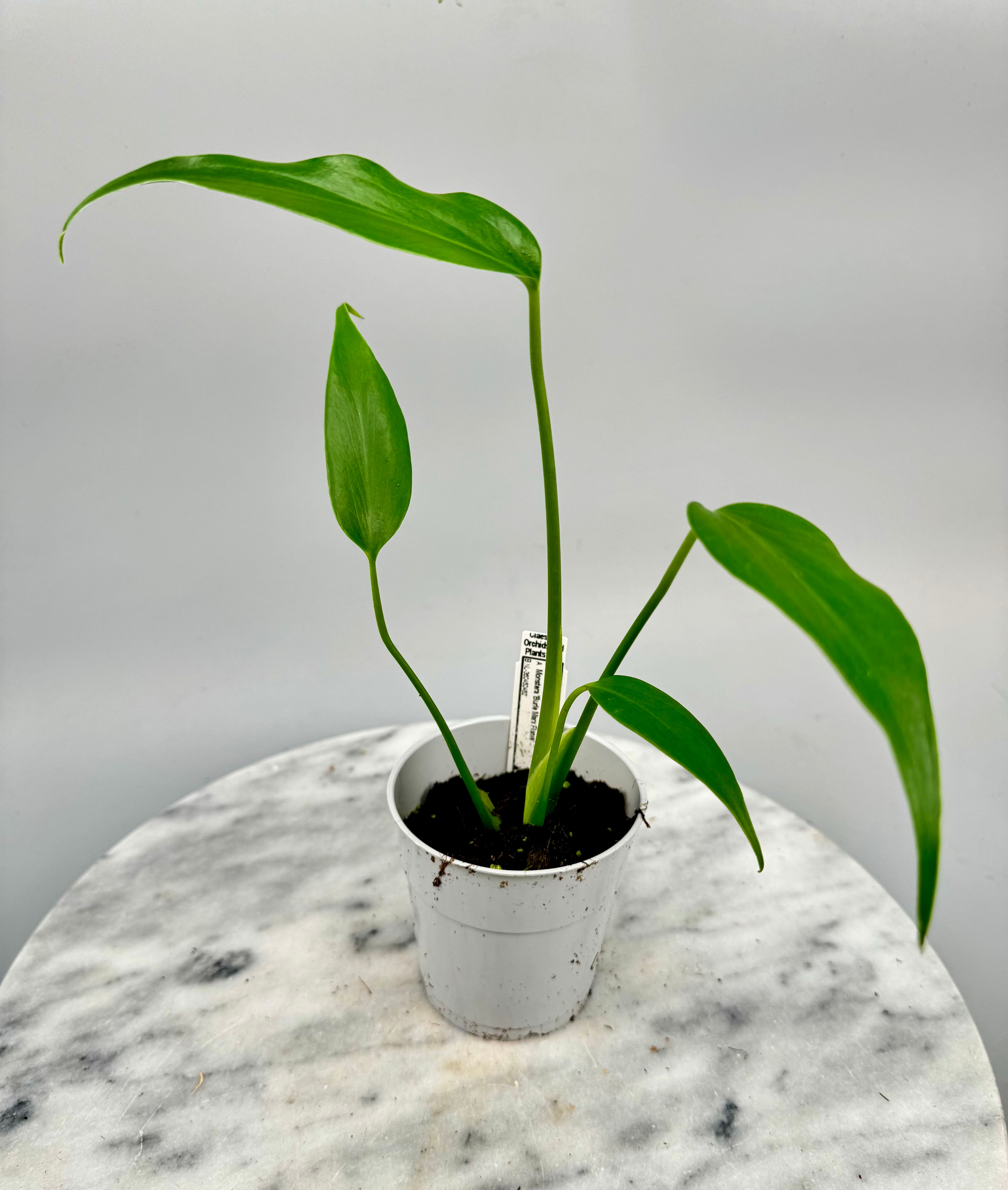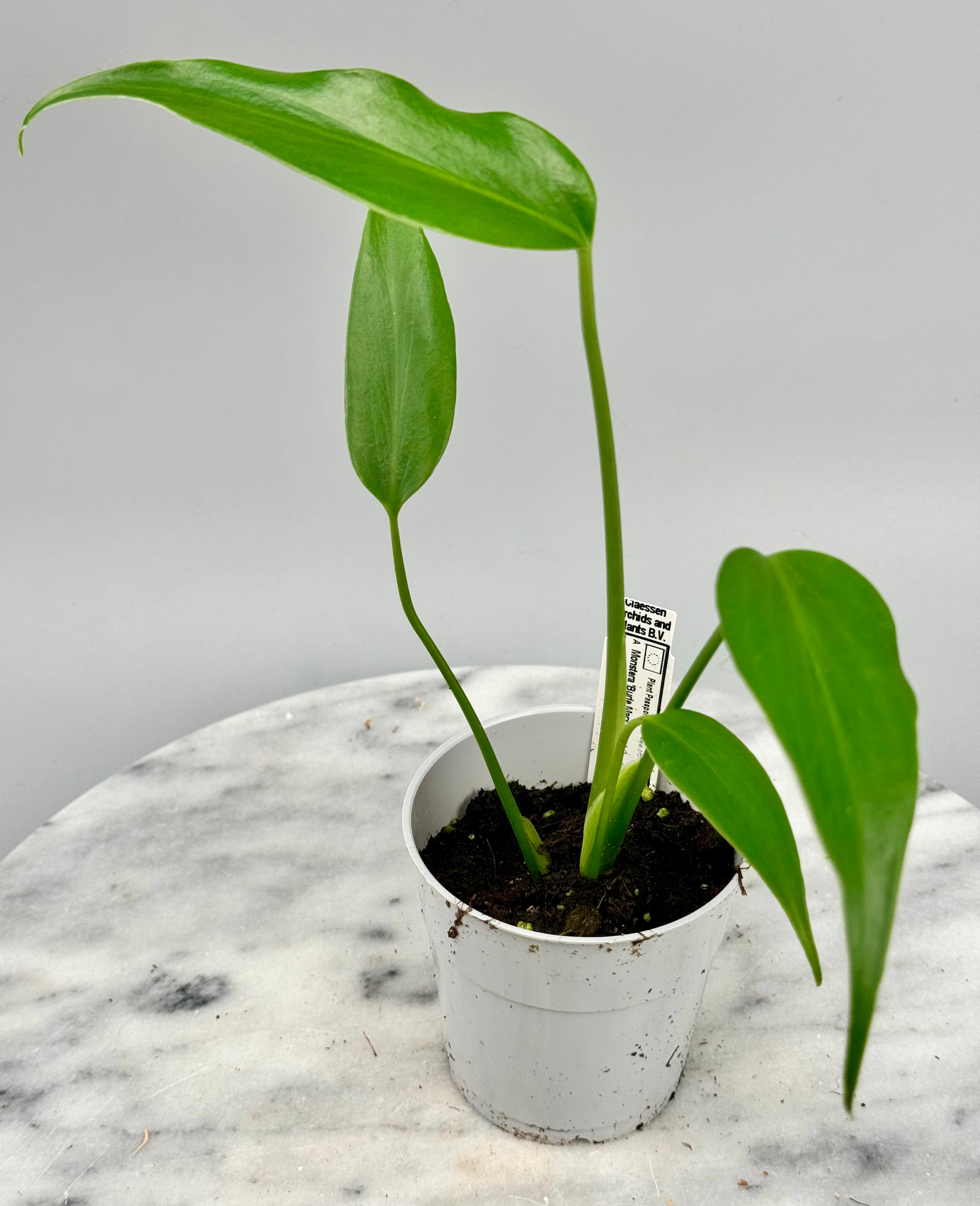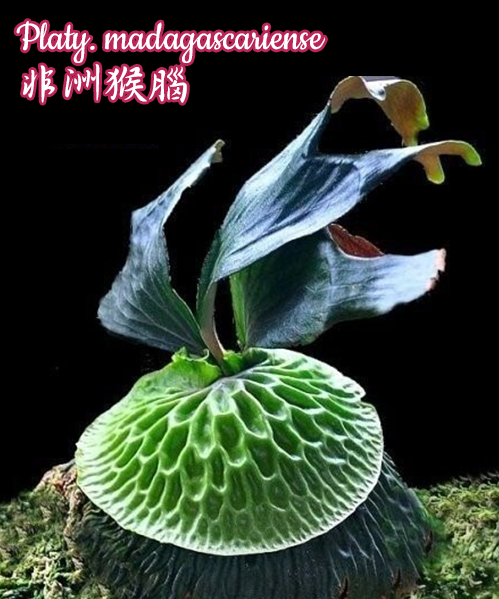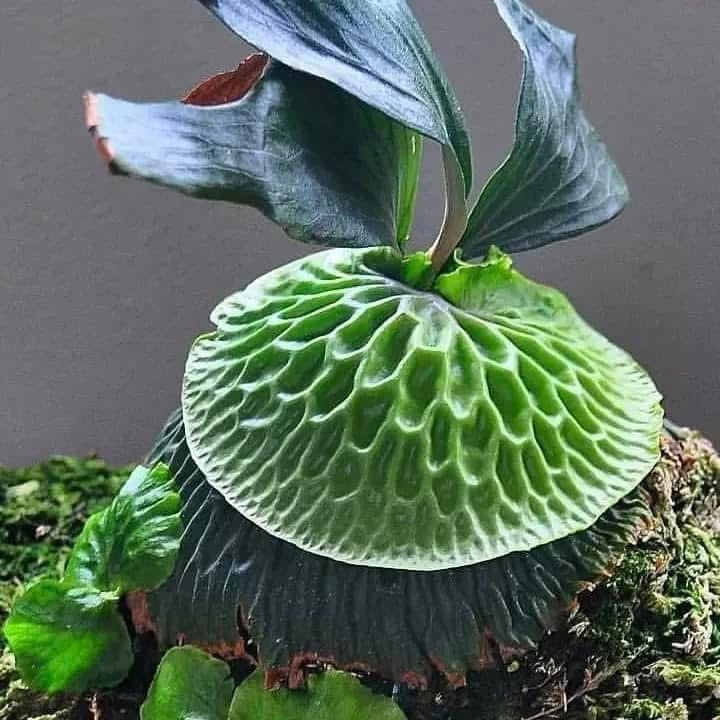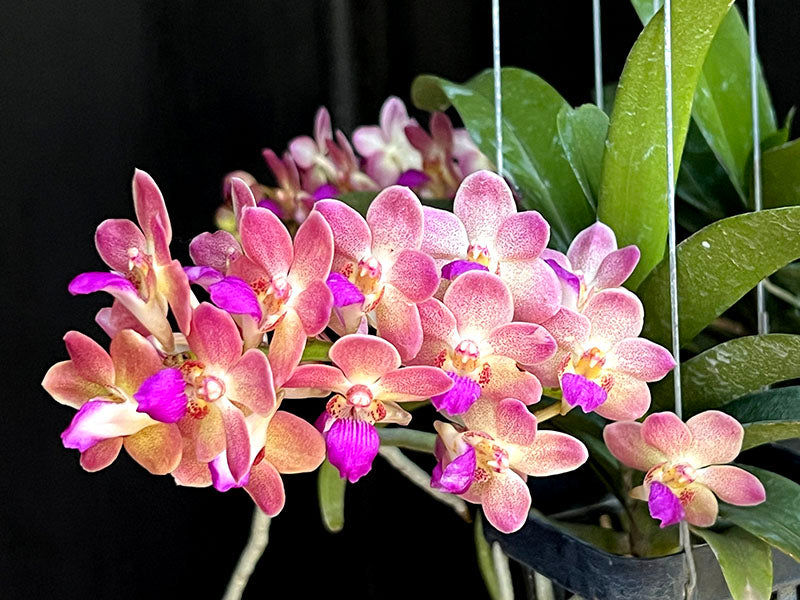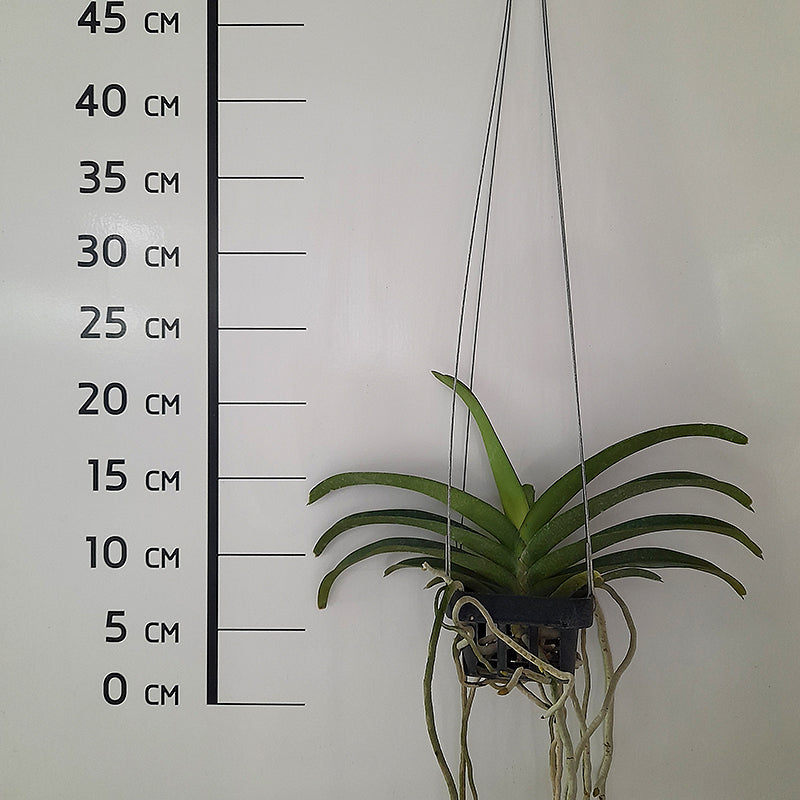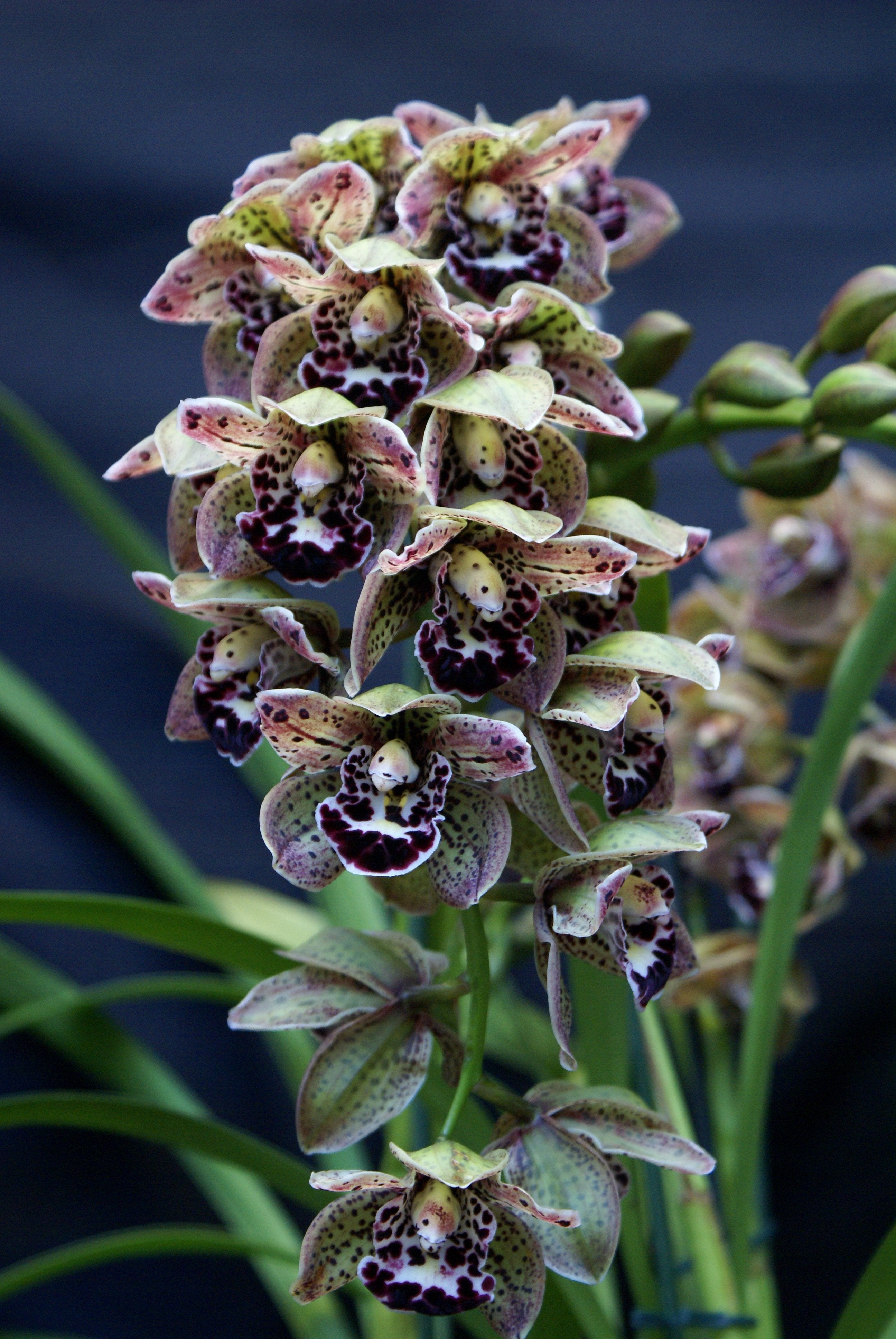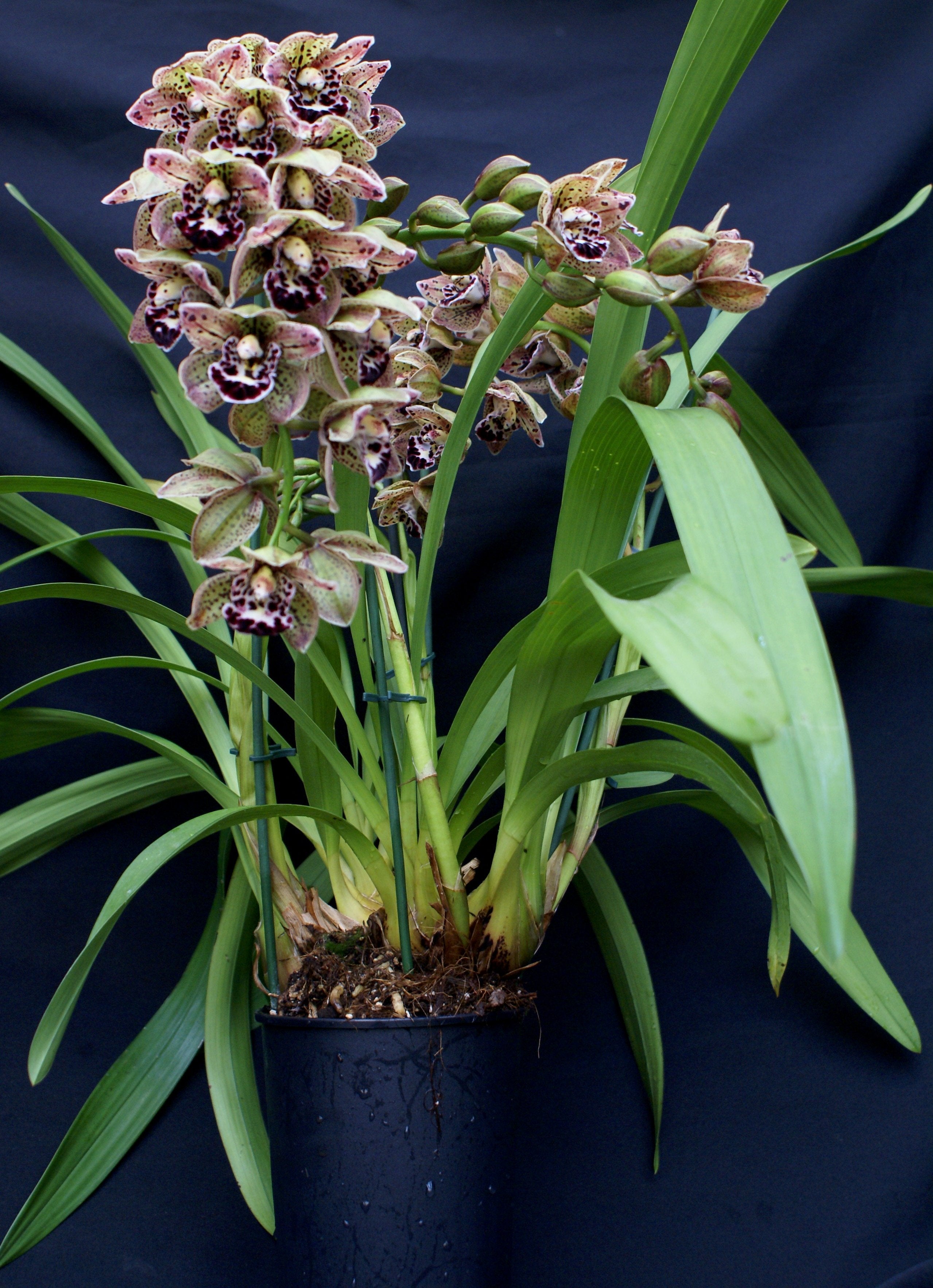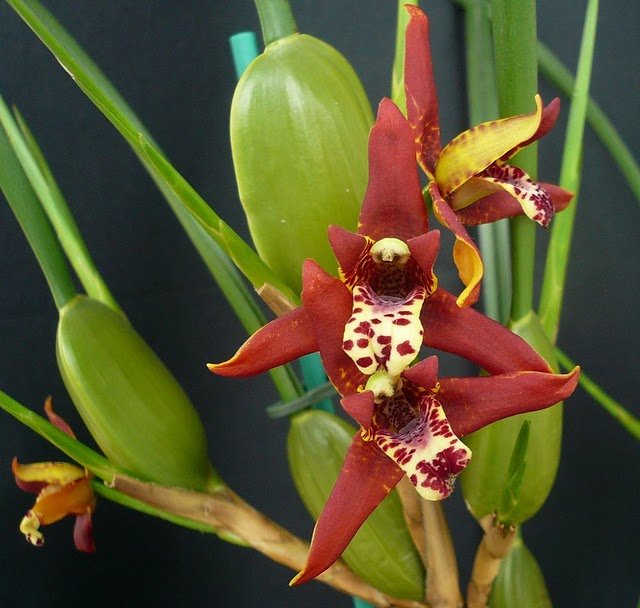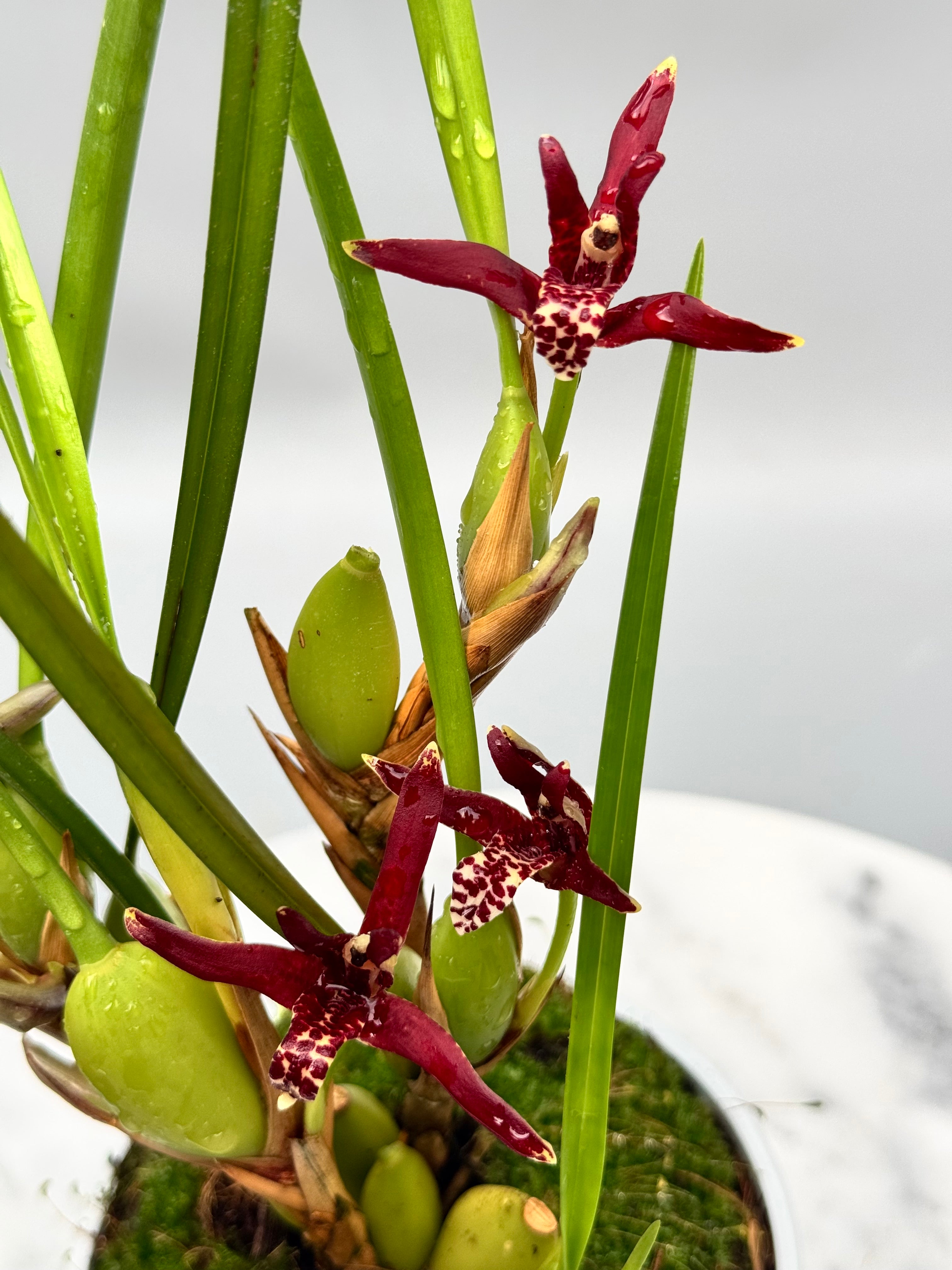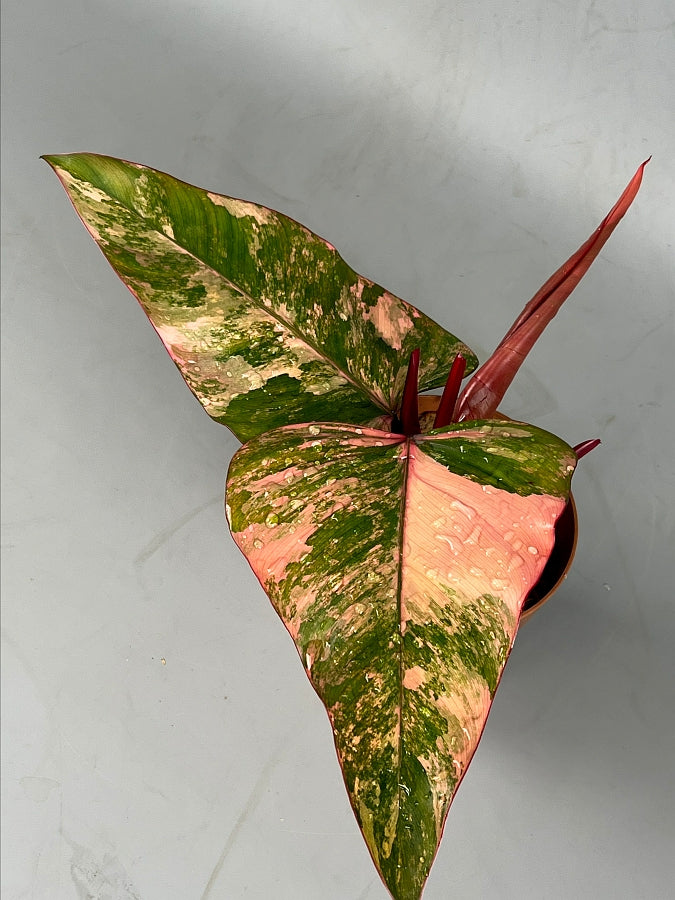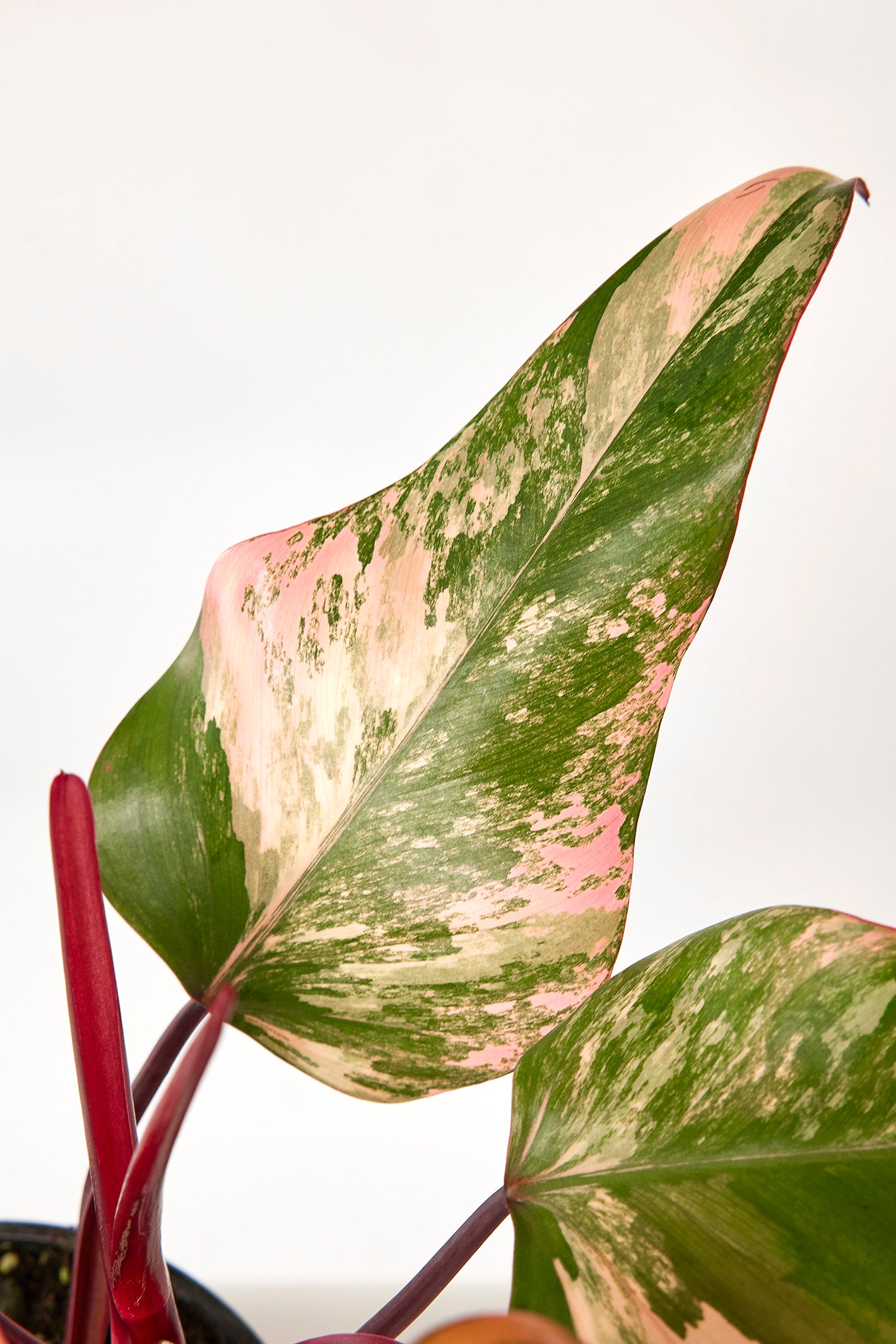Every orchid lover has to deal with them sooner or later: unwanted visitors such as spider mites, thrips or mealy bugs. These pests can seriously weaken or even kill your plants if you don't intervene in time. Many people resort to chemical agents, but did you know that biological control of orchids is at least as effective and safer? This blog tells you how to control spider mites, thrips and mealy bugs naturally, without damaging your beloved orchids.
Why choose biological control?
Biological control of orchid pests involves using natural enemies of the pest itself, such as predatory mites or parasitic wasps. This approach is environmentally friendly, safe for other plants and prevents the pests from becoming resistant - something that often happens with chemical agents.
In addition, many orchids are sensitive to pesticide residues. By choosing a natural control method, you not only protect your plant, but also the microclimate in which it lives.
Common pests in orchids
Treat spider mites on orchid
Spider mites are tiny critters that reside mostly on the undersides of leaves. They suck up plant sap, causing the leaves to become dull and yellow dots. In severe infestations, spider mites appear between leaves and stems.
Biological solution: use of predatory mites such as Phytoseiulus persimilis. These eat spider mites and disappear once the problem is resolved. Regular misting also helps, as spider mites do not like high humidity.
Orchid thrips solution
Thrips are narrow, agile insects that attack young buds, flowers and leaves. They cause silver-gray streaks or scars, especially on petals.
Biological solution: use Orius low wasps or Amblyseius cucumeris, which target both adult thrips and larvae. It is important to start at early symptoms because thrips reproduce quickly.
Control mealybug orchid naturally

Mealybugs can be recognized by white fluffy spots in leaf axils or root necks. These sticky critters suck juices and secrete honeydew, which in turn attracts fungi.
Biological solution: Cryptolaemus montrouzieri, also known as "mealybug-eating ladybugs," are very effective. In addition, you can lightly spray the plant with a solution of potassium soap and neem oil, but test this on one leaf first.
How do you apply biological control to orchids?
Start on time
Don't wait until the infestation gets out of control. Biological control agents work best when infestations are beginning.
Choose the right predators
Get good advice on which natural enemies are best suited to your pest and conditions.
Adapt the environment
Provide adequate humidity, avoid pesticides and limit drafts. This will keep beneficial insects active.
Check regularly: look under leaves and in leaf axils. Do you see improvement? Then your biological control agents are working well.
Summary
Pests such as spider mites, thrips and mealy bugs can weaken orchids considerably. But with biological control, you tackle the problem without harming your plant or the environment. Whether you want to treat spider mites on your orchid or are looking for a solution against thrips or mealybugs, there are excellent natural alternatives available today.

